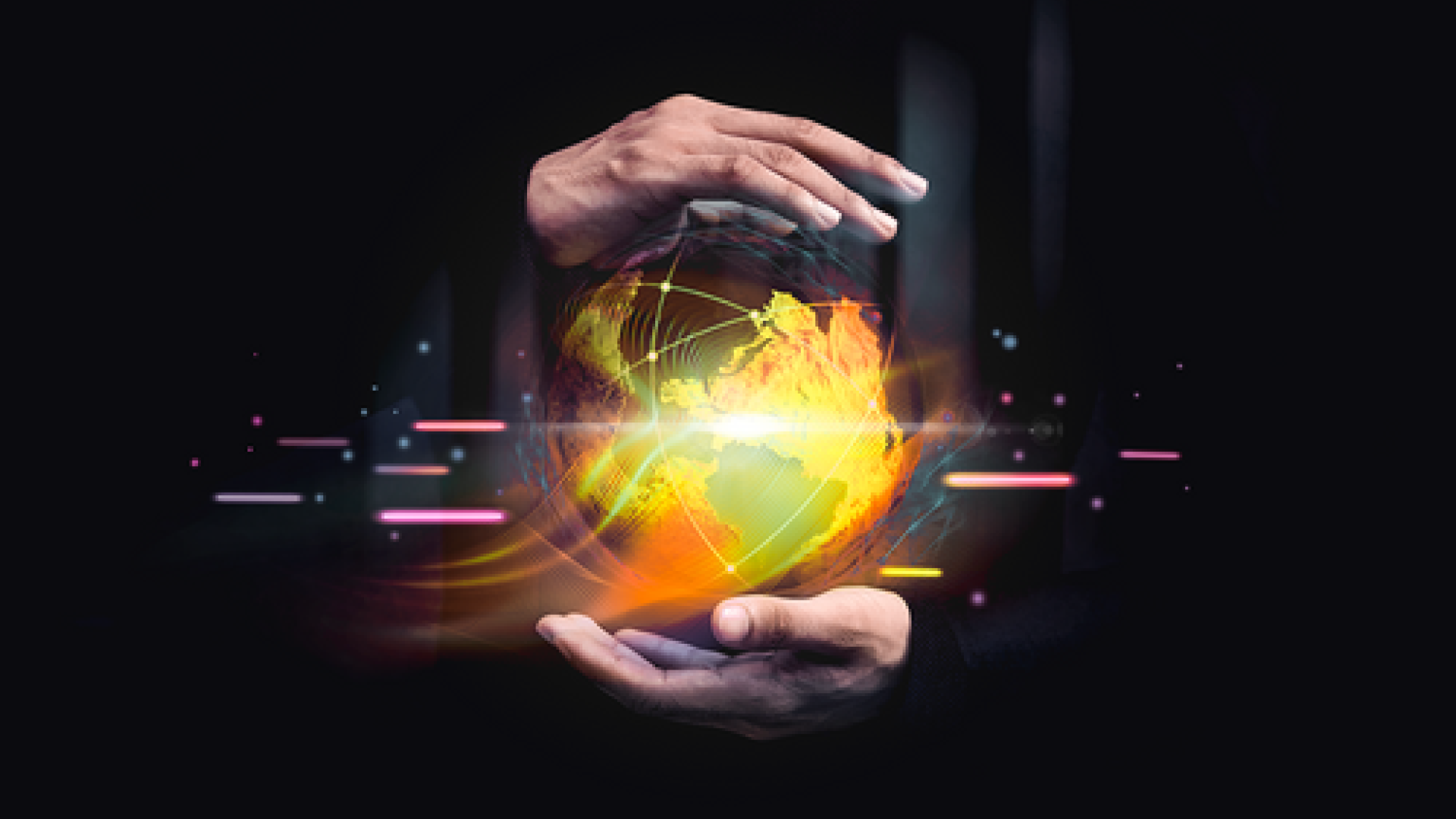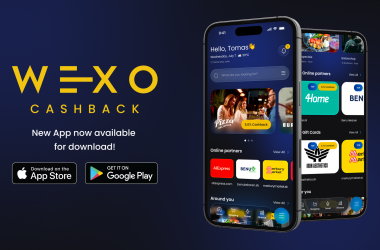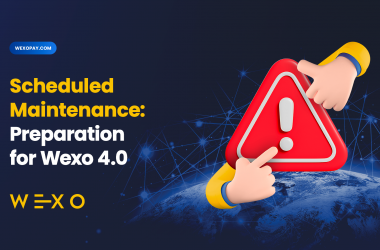Publicaciones principales
The future of the Internet. Another stage in the development in building social relations. Mark Zuckerberg's escape route. These attributes also accompany the rebranding of Facebook, which changed its corporate name to Meta on October 28, 2021. What will this change bring us?
What's Metaverse?
It must be said at the outset that no one knows for sure yet. If you've read sci-fi novels such as Snow and Ready Player One, you may have a gist of what we might be approaching. In both positive and negative ways, it depends on your point of view.
For some, this project represents the future of the Internet. It is believed that for virtual reality (VR), the Metaverse will be what modern smartphones are compared to the first mobile phones in the 1980s - a massive step forward. While today VR is especially synonymous with the video game experience, Mark Zuckerberg's virtual world can be used for anything - work, games, concerts, meetings with friends, cinema visits, and everyday online life.
Why is Metaverse being created?
According to Mark Zuckerberg, who this year alone has invested at least USD 10 million into Metaverse, the existing brand (Facebook) cannot represent everything we do today, let alone in the future, and therefore must change. In Metaverse, people can play, work and communicate in a virtual environment, using mainly VR headsets.
Rebranding does not concern individual platforms (Facebook, Instagram and WhatsApp), but only the parent company that owns them. The change comes after a series of negative information about Facebook published by former employee Frances Haugen. According to her, Facebook prioritises profit over the protection of its users' personal data.
But Mark Zuckerberg argues that the rebranding is not connected to those activities. He is said to have been considering the change since 2012/2014 when he bought WhatsApp and Instagram. He said that now is the right time. So what can surprise us with Metaverse?
What awaits us in Metaverse?
The term "metaverse" is not new. It was made famous in 1992 by novelist Neal Stephenson's Snow, where he described a 3D virtual world inhabited by avatars of real people. In his Metaverse, Mark Zuckerberg offers a utopian idea that will unlock a whole new economy of virtual goods and services.
Mark believes that in the next decade, people will spend most of their time in the immersive 3D version of the Internet. He is pushing developers' teams to create technology that would one day enable us to appear in virtual space as a full-body avatar, or to appear as a hologram in the real living room of our friends who live hundreds of kilometres away.
An important role in Metaverse will also be played by crypto-technologies (NFTs, smart contracts, etc.). This gives us at least a partial answer to the question as to whether people in the Metaverse will be able to own, trade, and sell something.
So do we have something to look forward to?
The hum of augmented reality and future digital worlds appears every few years, then slowly disappears. However, there is huge excitement among wealthy investors and large technology companies because for the first time, the necessary technology is almost within reach.
Facebook has made building Metaverse one of its top priorities. It has made major investments in virtual reality through its Oculus headset. It also creates VR applications for social gatherings and business meetings, including real world interactions.
Facebook is aiming to build Metaverse gradually. It knows that this future virtual world will not be built overnight, and that one company is not enough. That's why Facebook recently invested USD 50 million into funding non-profits to make Metaverse responsibly. For the idea of a functioning Metaverse world to become reality, it will take at least 10 to 15 years.
Sources: theverge.com, bbc.com, about.fb.com




